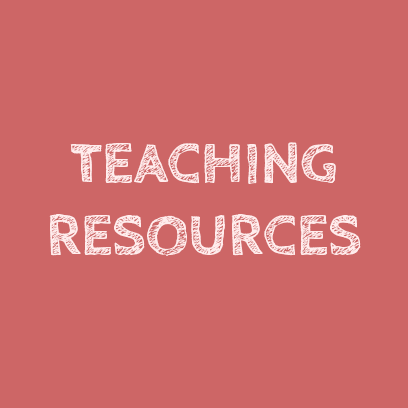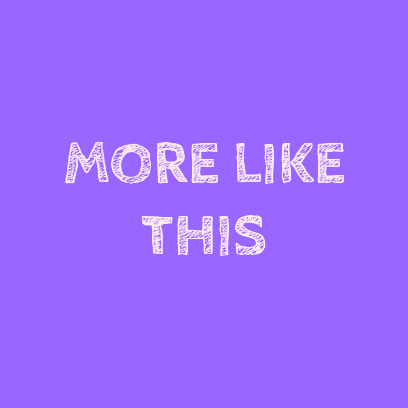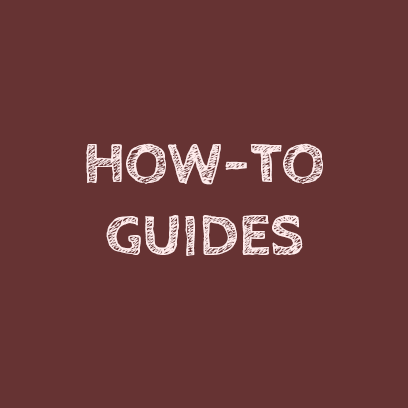Telephone Conversation
A shocking turn
A phone call starts off being polite but then takes an unexpected, uncomfortable, and shocking turn.
Sometimes it’s all about what isn’t said.
Can you use this poem, and your own experiences, as inspiration to create a dialogue between two people, where a hurtful, prejudiced, discriminatory, or shocking conversation is slowly revealed through tone and word choice?
Video by Tolu Agbelusi & Wole Soyinka – embedded & hosted by Youtube.
Thinking idea
-
How do people use polite language to say things that are actually hurtful? Can you think of examples?
-
How can words alone create tension?
-
Think of a time when you told someone what you really thought. What happened?
-
How does it feel to be judged based on how you are or what you stand for?
Discussion idea
-
How does Wole Soyinka build tension through pauses and word choices?
-
What exactly makes the landlady’s question disturbing?
-
Discuss times when you’ve experienced a conversation that suddenly turned awkward.
-
Have you experienced a conversation that changed things forever?
Writing idea
- Write a dialogue (conversation) between two people, that starts off politely, but suddenly takes an unexpected turn. For example a job interview, a phone call to a mutual friend or a chat on social media.
- Build the tension slowly, using careful word choices, pauses, coded language, and a sudden change in tone and pace.
- Tell the read what is said, but show the reader what is really meant.
- Be real!
Teaching idea
-
Talk about how the tone changes and the language sharpens in the poem.
-
Model short bursts of dialogue where the tone shifts unexpectedly.
-
Revise how to format dialogue correctly.
-
Encourage students to show emotion through dialogue rather than telling the reader how the characters feel.
Resources
- Here is the full text of Telephone Conversation by Wole Soyinka.
- This BBC Teach resource looks at how to set out and punctuate dialogue.
- Here are some starting points:
- “No offence, but…”
- “So, was it you who left me a message on snapchat?”
- “You sounded different over the phone.”
- “Can I have a quick word?”
Please note, YouTube may use cookies if you play this video. Click for more information, and here’s how to turn cookies off.
Telephone Conversation

Seeing things differently
Photo by Bart Anestin on Unsplash
When Wole Soyinka wrote this poem in 1962, discrimination was unsubtle and blatant in the US and UK. Has this changed? What are your experiences of discrimination today?
Try more Scribblebibble writing prompts!
Packing Tips
Step by step instructions | Suitable for 9-13 year olds. Can you create a clear, easy to follow and fool-proof set of packing instructions? Think carefully about your audience and your approach.
Secret Narratives
Narrative secrets | Suitable for 13-18 year olds. In this video there’s a secret in this song lyric’s story, but it’s cryptic and unrevealed. Can you build a story around a character’s secret? How do secrets shape characters, situations and narrative plots?





